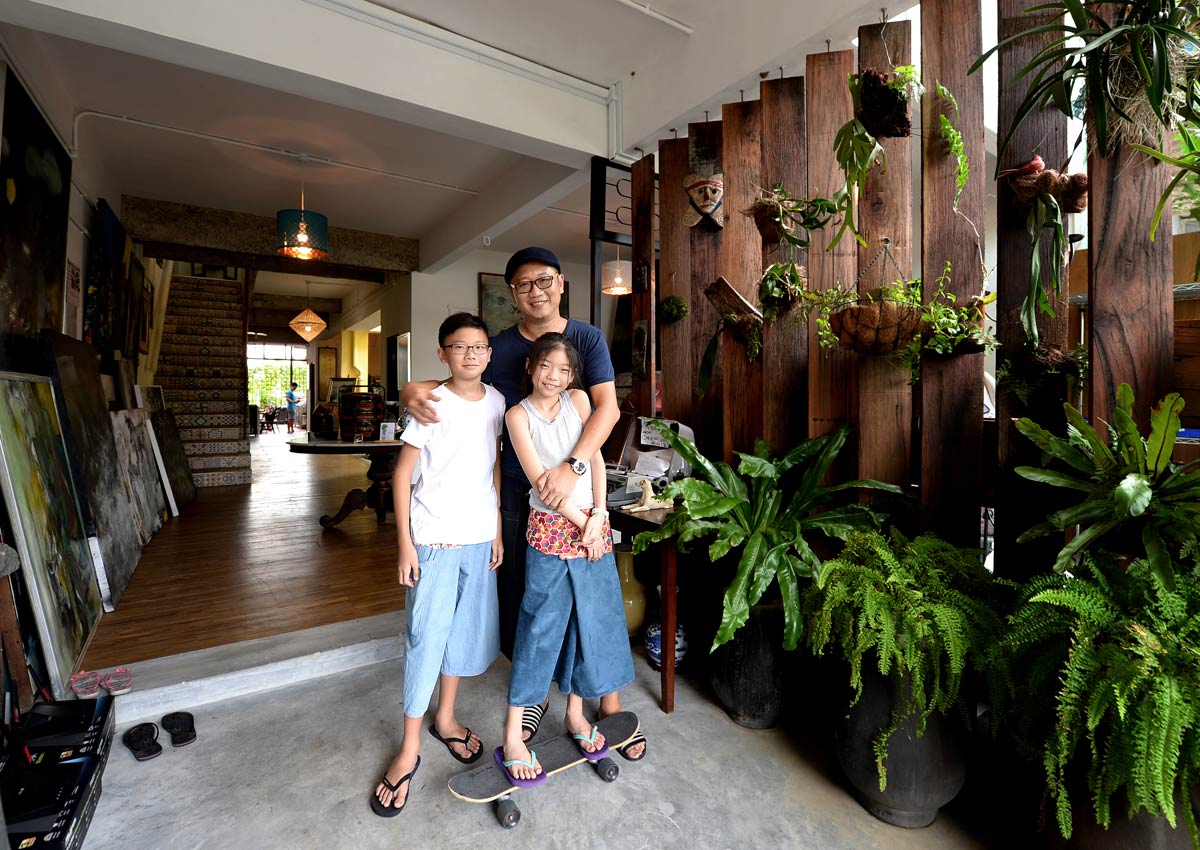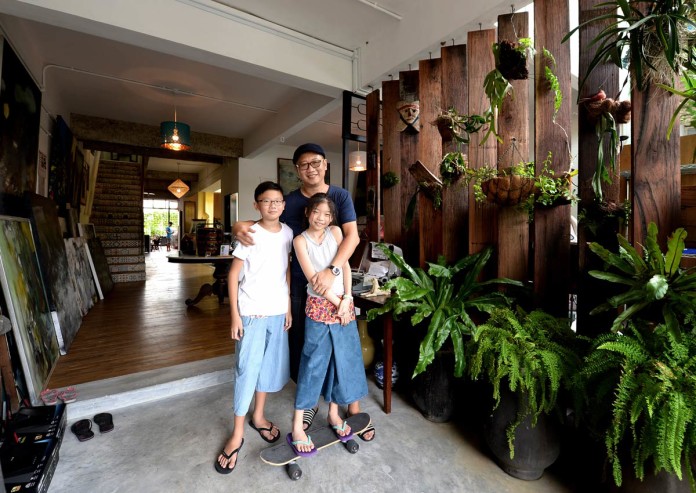When housewife Hua Yingying was a student, she was taught the basic concepts of maths and science from textbooks in school, and did not have much homework.
“We also didn’t have things like hands-on learning or project work. Now, even children in kindergarten or primary school are taught how to use basic software and work on projects,” said the 45-year-old, who has a daughter in Secondary 2.
And while many students tended to opt for traditional fields such as engineering or accounting in the past, it has now become harder to predict what jobs will be in demand.
Madam Hua wants her daughter to explore her interests and find her passion.
She thus cheered the news that Singapore had taken the top spot in the Pisa rankings, an international benchmarking test which places emphasis on higher-order critical thinking skills.
Read Also: Tuition industry worth over $1b a year
The results show the local education system has managed to equip students with such skills, she said.
“These skills are important for doing well in the global economy because children will need to learn how to adapt to changes quickly and cope with unforeseen circumstances,” she said.
Other parents question the relevance of the Programme for International Student Assessment rankings, and say the education system has to evolve further beyond imparting knowledge.
Mr Eugene Seah, 40, agrees that the role of parenting and education has evolved as Singapore’s economic needs change over time.
“We know for sure that what worked for us in the past would not work in the same way now,” he said.
The speaker-trainer learnt that lesson the hard way – in 2013, he was retrenched after 14 years of working in public relations and marketing in the financial industry.
The father of three children aged between six and 12 questions the relevance of the Pisa rankings.
Read Also: Pisa and the creativity puzzle
After all, the giants of the future economy – Facebook, Google and Uber – were all founded in the United States, which ranked 25th in the Pisa test.
“Do we want to end up working for other people, or be the ones creating the next big company?” he said.
While he acknowledged that schools are placing more emphasis on critical thinking and inquiry, he thinks there should be a much bigger shift away from teaching knowledge towards independent thinking, as Singapore still lacks talent in creativity and innovation.
While the Pisa test takes critical thinking into account, there are also plans to measure how well students perform in areas such as inter-cultural sensitivity in 2018.
However, creative business consultant Calvin Soh, who has a 10-year-old daughter and a 14-year- old son, thinks the Pisa rankings are evolving too slowly and cannot catch up with the exponential pace at which technology is developing.
While the Pisa rankings measure one’s ability to think critically, they do not measure qualities such as self-confidence and one’s ability to recover from failure – key traits needed in a successful entrepreneur, he said.
His son Dylan, who will be in Secondary 3 next year, has failed exams at Anglo-Chinese School (Barker Road).
However, Mr Soh, 49, said that has not affected Dylan’s self-esteem, as he encourages his son’s non-academic pursuits.
Read Also: How Singapore’s students rose to No. 1
At One Kind House, a community space with an urban farm that Mr Soh designed and set up in Telok Kurau this year, Dylan works on his own projects, such as designing and prototyping urban farming tools.
“Often, they don’t work out initially, but he has learnt to try and try again until he succeeds,” said Mr Soh.
Some schools, such as Spectra Secondary, have similar projects.
Through a gardening programme that is part of its Character and Citizenship Education curriculum, students learn about values such as resilience and respect for nature.
But Mr Soh says academic achievement is still prioritised over hands-on projects.
He reckons the overemphasis on the former creates a culture where failure is stigmatised in Singapore, holding it back from having a risk-taking culture that embraces innovation.
This is despite the country doing well in academic benchmarking tests.
“Though we see gardening as a low economic skill set, it teaches us things about the variability of nature, and understanding and respecting nature so that you see the consequences of your actions. But is this more important than scoring As and Bs in science at the moment? It is not.”
yuensin@sph.com.sg

This article was first published on December 25, 2016.
Get a copy of The Straits Times or go to straitstimes.com for more stories.







